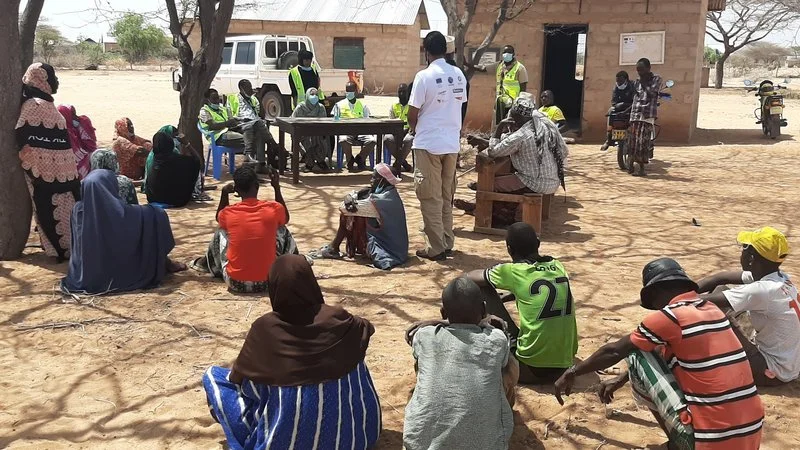The DAC defines official development assistance (ODA) as “government aid that promotes and specifically targets the economic development and welfare of developing countries.” Understanding of this definition has changed over time, recognising, for example, the emergence of “non-DAC providers or philanthropic foundations, the diversification of financial instruments for development, or the increasing overlap of development cooperation policy objectives with those of other sectors such as migration and security.”
CHALLENGES TO LOCALIZATION
This article captures the full range of notes and ideas about the challenges to localization, generated by workshop participants during brainstorming and small group discussions. The views and conclusions contained in this article are primarily those of non-USAID participants and should not be interpreted as representing the views, positions, or official policies, either expressed or implied, of the U.S.Government.
Partners In Localization |Designing For Change
Those who work in the development and humanitarian sphere know that local ownership of international assistance is the route to greater equity, effectiveness, and sustainability. USAID has embraced this understanding and redoubled our commitment to shift funding and decision-making power to the people, organizations, and institutions driving change in their communities. Similar commitments are shared by actors across the development and humanitarian ecosystem, from national and local to U.S.-based or international organizations.
EAPN Conference | Multi-Layered Oppressions Faced By Marginalized Communities
Throughout the conference, we heard passionate voices reminding us that true philanthropy goes beyond mere aid—it is a love for people, an expression of Ubuntu—I am because we are. To decolonize philanthropy, we realized the importance of contextualizing it and tapping into our African wisdom to identify what truly works for our communities.




